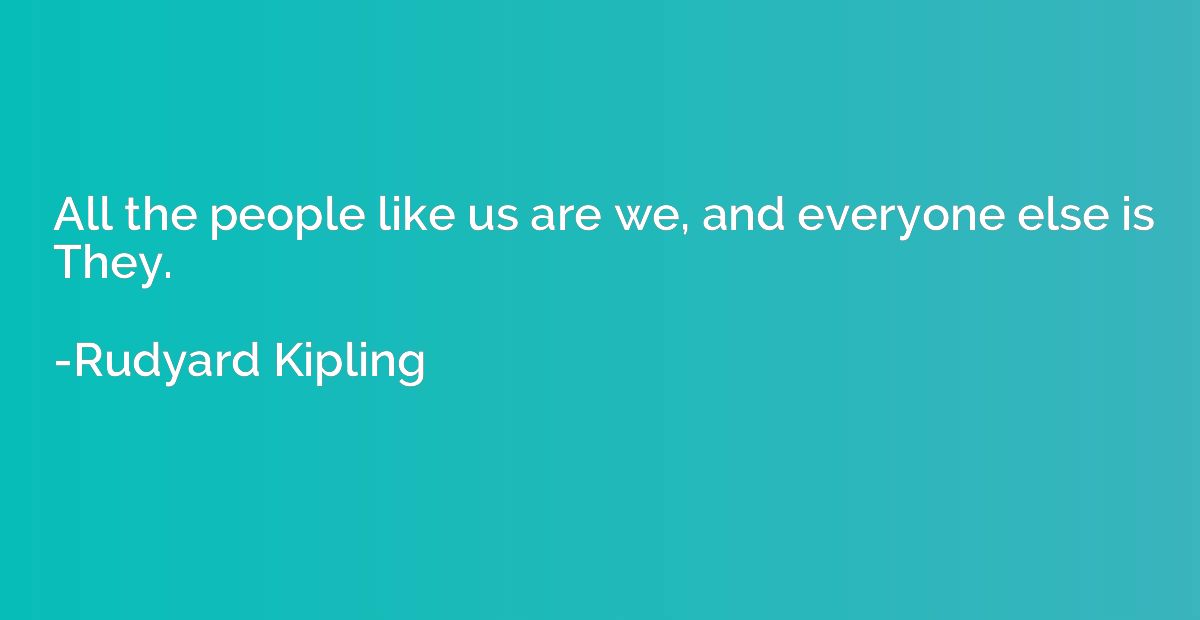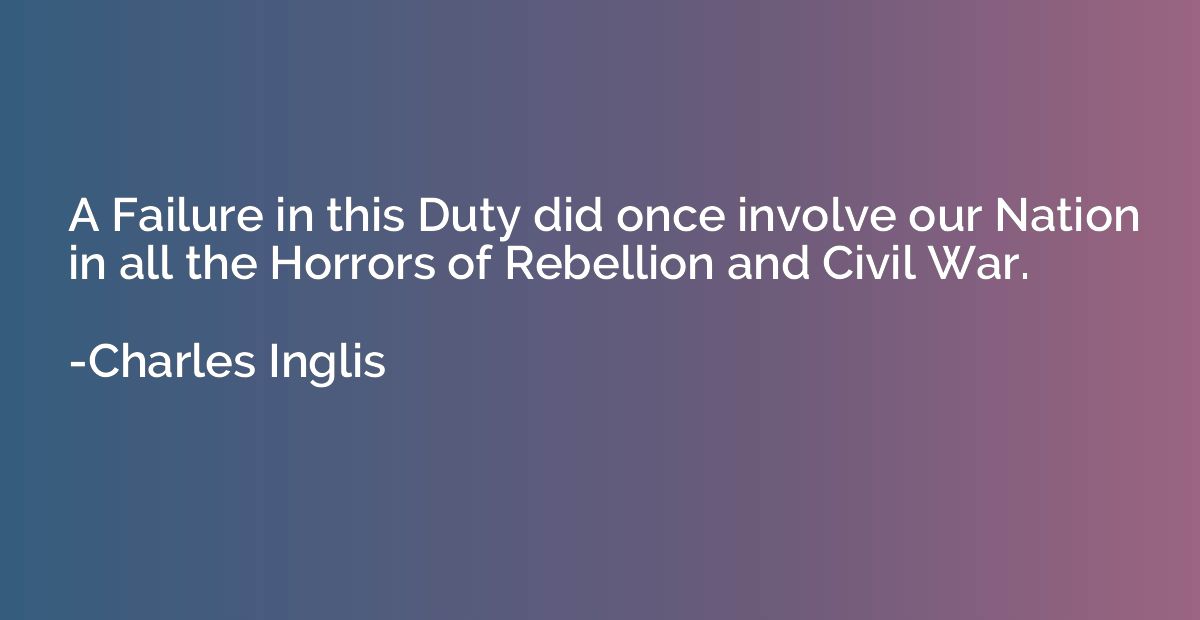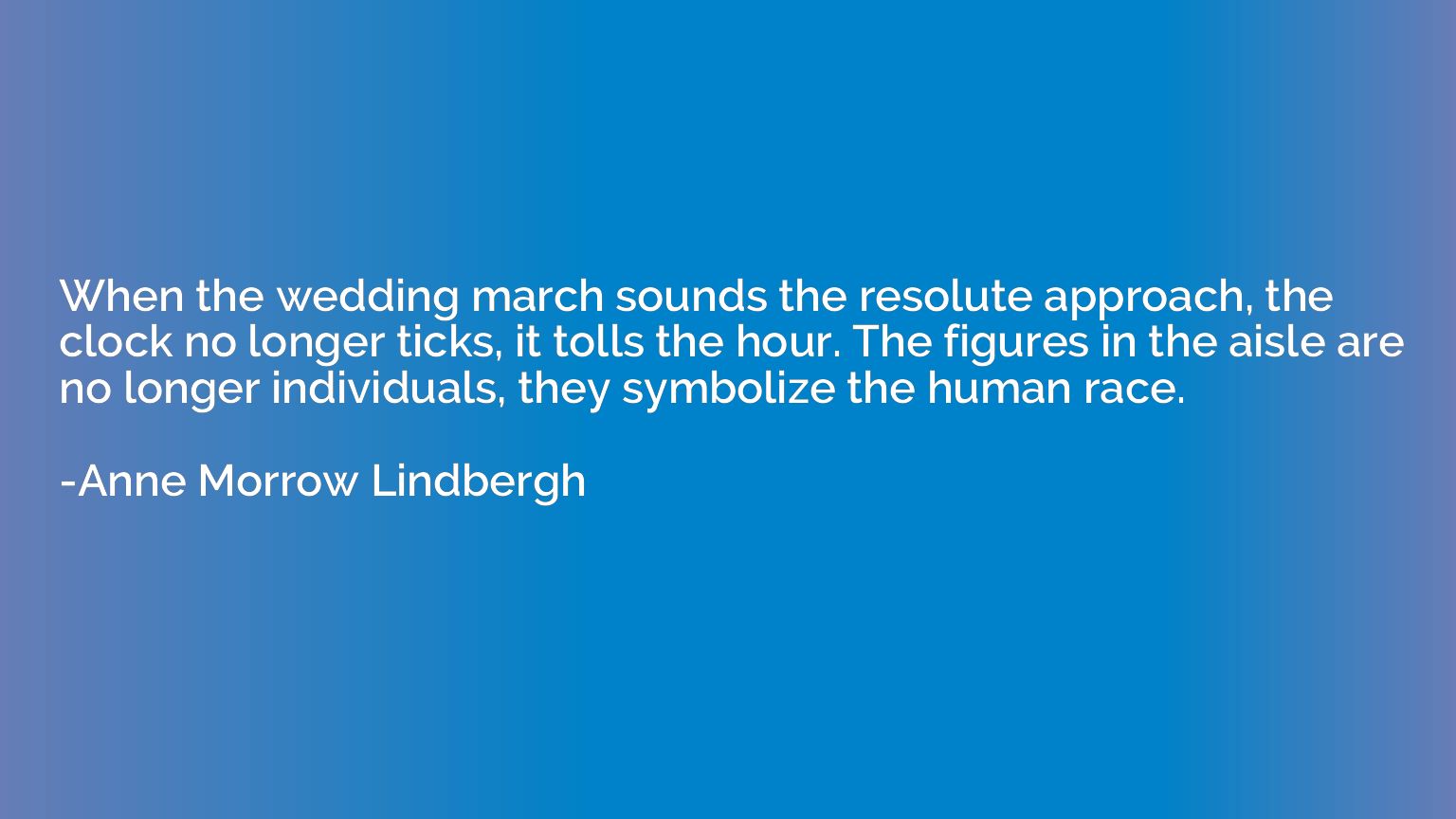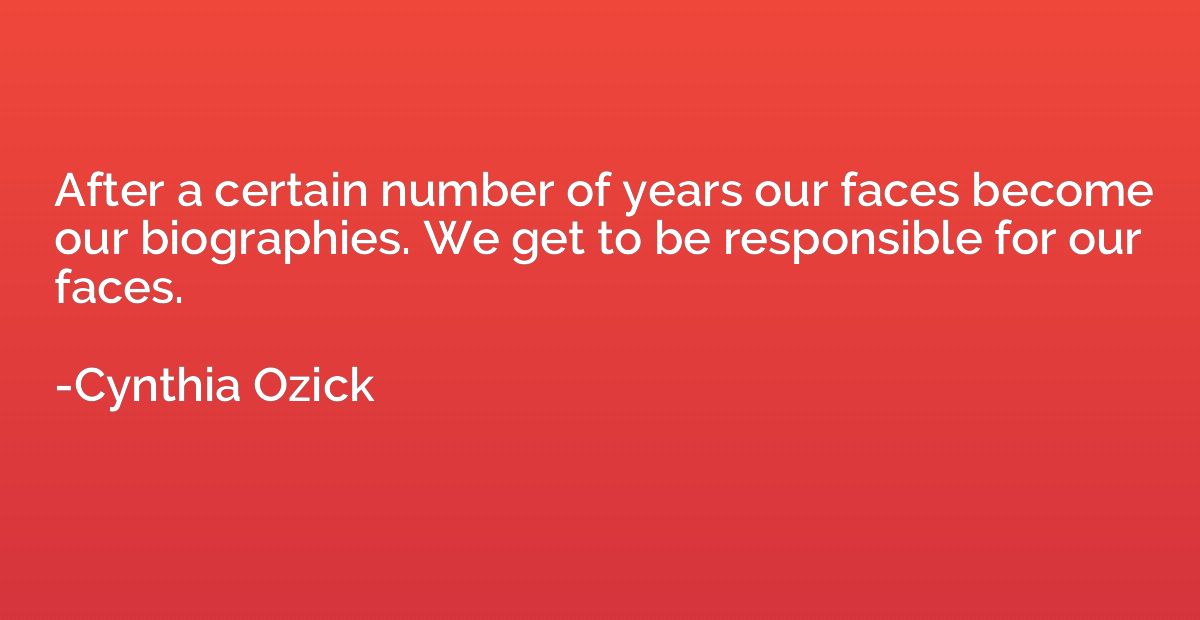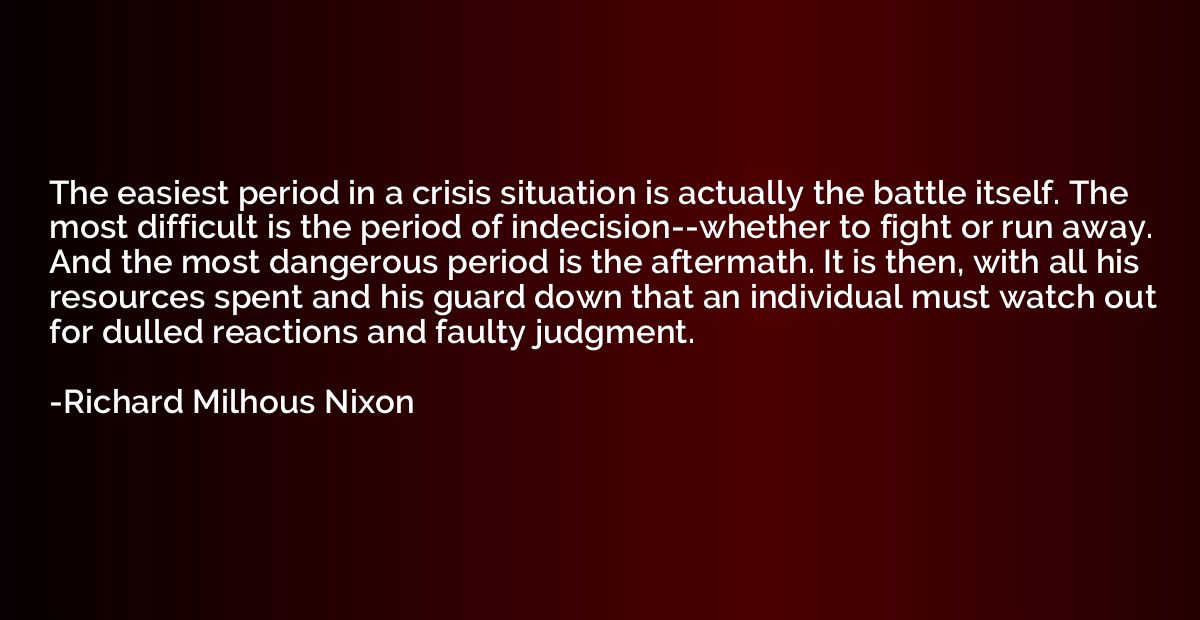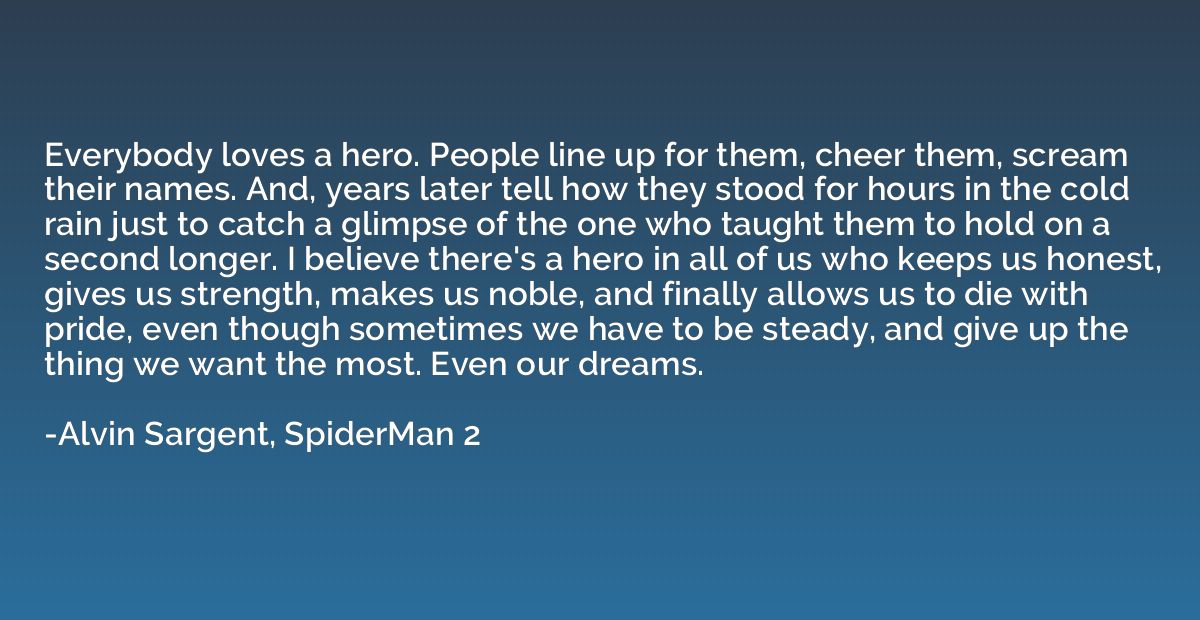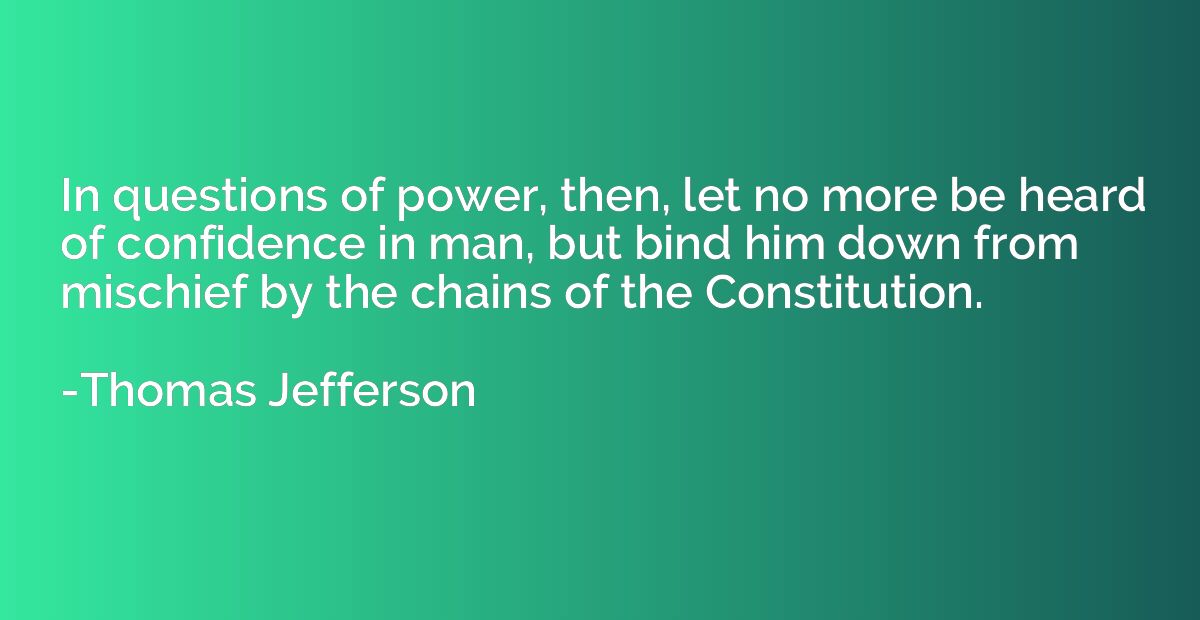Summary
This quote suggests that individuals tend to associate themselves with a specific group or community, drawing a distinction between "us" and "they." It implies that people often identify with those who are similar to them in interests, beliefs, or backgrounds, viewing them as part of their collective identity ("we"). On the other hand, individuals who differ from their group in some way are seen as outsiders ("they"). The quote highlights how humans have a natural inclination to form groups and create a sense of belonging based on shared experiences, while simultaneously establishing an "otherness" towards individuals who do not align with their own group.
